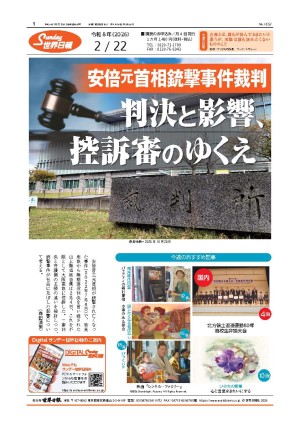最後のアジア歴訪で軽視されるオバマ氏 Obama disrespected on final Asia trip
オバマ大統領の最後のアジア歴訪で、そのレームダック(死に体)ぶりが明らかになった。
オバマ氏は5日夜、ラオスに到着、同国を初めて訪問する米大統領となった。10回目のアジア訪問でかつてないほどの軋轢(あつれき)、対立に直面している。
最初の訪問地、中国では、空港で中国人職員らが可動式タラップを用意しなかったため、オバマ氏は大統領専用機の上部ドアから降りられず、国家元首が他国を訪れる際によく見られる光景は見られなかった。そのためオバマ氏は、専用機胴体下面の小さな階段を使って登場したが、中国がオバマ氏を軽視していることの表れだとの指摘も多く出ている。
...【全文を読む】







